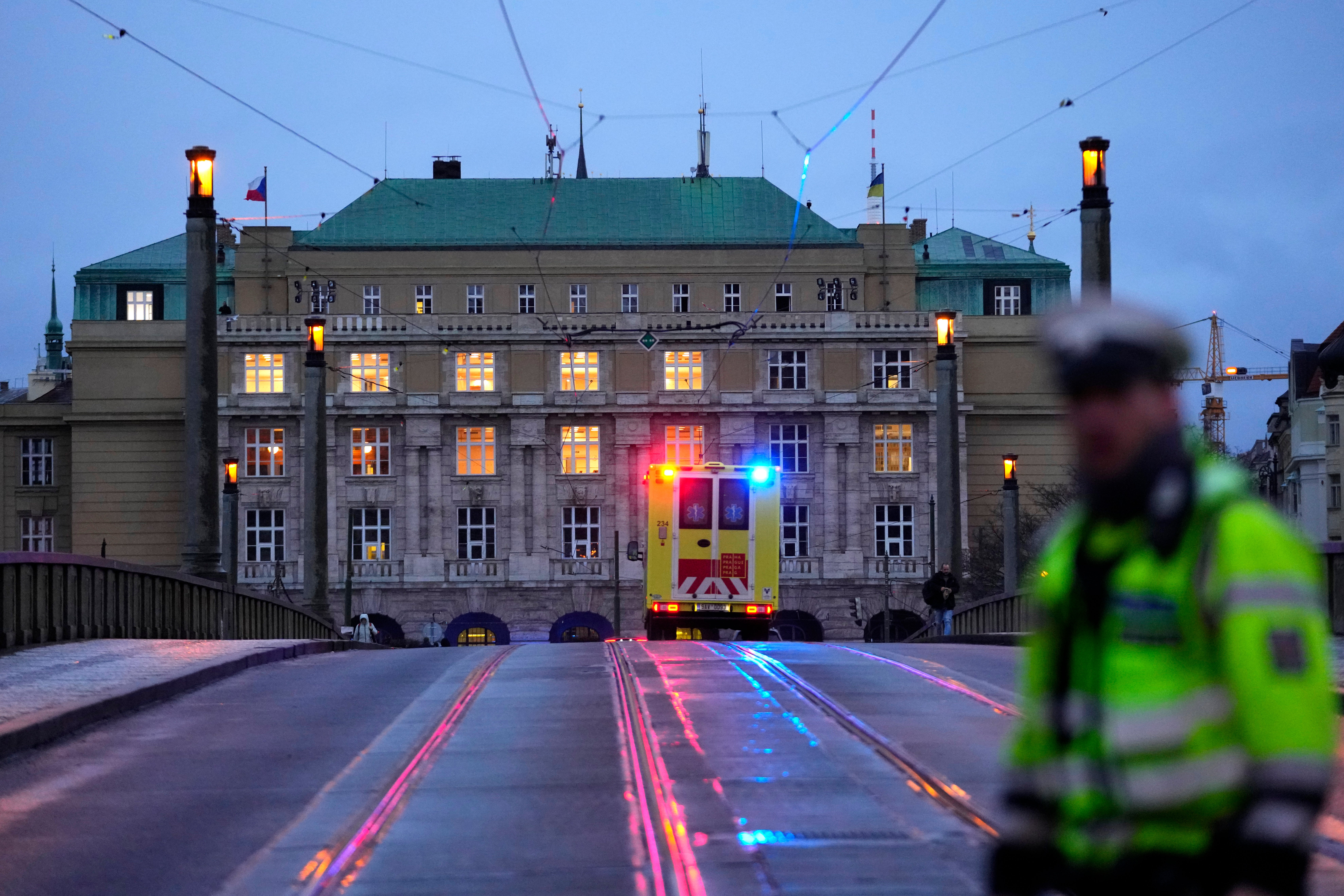The Czech parliament toughens gun laws after the worst mass shooting in the country's history
The Czech Parliament has approved changes in the gun law that tighten requirements for owning a weapon following the worst mass killing in the nation’s history

Your support helps us to tell the story
From reproductive rights to climate change to Big Tech, The Independent is on the ground when the story is developing. Whether it's investigating the financials of Elon Musk's pro-Trump PAC or producing our latest documentary, 'The A Word', which shines a light on the American women fighting for reproductive rights, we know how important it is to parse out the facts from the messaging.
At such a critical moment in US history, we need reporters on the ground. Your donation allows us to keep sending journalists to speak to both sides of the story.
The Independent is trusted by Americans across the entire political spectrum. And unlike many other quality news outlets, we choose not to lock Americans out of our reporting and analysis with paywalls. We believe quality journalism should be available to everyone, paid for by those who can afford it.
Your support makes all the difference.The Czech Parliament’s upper house, the Senate followed the lower house on Wednesday to approve changes in the gun law that tighten requirements for owning a weapon following the worst mass killing in the nation’s history.
The legislation now must be signed by President Petr Pavel before becoming law, which is expected.
On Dec. 22, a lone shooter killed 14 people and wounded dozens before killing himself at a Charles University building in downtown Prague. The assailant was a 24-year-old student who had a proclivity for firearms and a license to own eight guns, including two long guns.
Authorities said he had no criminal record and therefore did not attract the attention of the authorities.
The lower house gave the green light to the new law on Jan 26.
Under the new law, gun owners would have to undergo a medical check every five years, not every 10 years, as they do now.
Businesses would be required to report suspicious purchases of guns and ammunition to the police, while doctors would gain access to databases to find out if their patients are gun owners.
Parliamentary debate on the legislation had already begun before that shooting. Interior Minister Vit Rakusan said it was hard to speculate whether the new rules would have prevented it if they had been in effect before it took place.
In the 81-seat Senate, lawmakers approved the legislation in a 66-1 vote.
Once approved by the president, the law would make it possible for the authorities to seize a weapon from a private owner on a preventive basis.
In the country of 10.9 million people, 314,000 had a gun license at the end of 2022 and owned almost a million weapons of various types.